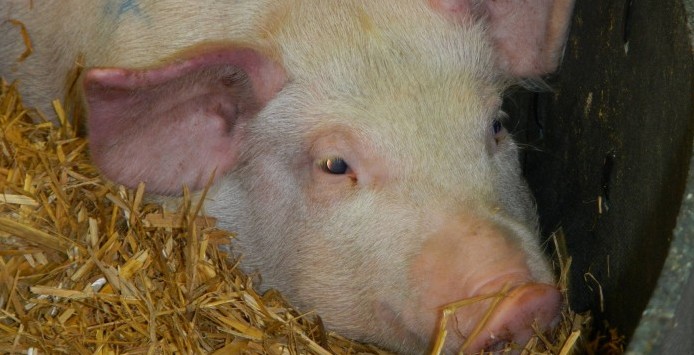The US pork sector is on high alert following confirmation of African swine fever (ASF) in the nearby Dominican Republic (DR) last week.
Two new cases confirmed by the US Department of Agriculture (USDA) last week, represent the Caribbean nation’s first outbreaks in around 40 years.
The official report by the OIE says one outbreak in La Mina, in the Monte Cristi province started on July 1 and was confirmed by the USDA on July 28. It Involved 827 ‘animals of different ages and sexes raised in a community-type backyard’, of which 785 died and another 42 were killed.
A second outbreak involving 15 animals that all died at La Breña, in Sánchez Ramírez province, approximately 200km away, began on July 14, the OIE reported.
The OIE said controlling the spread of the virus to new countries in the region ‘will be critical to protect food security and livelihoods of some of the world’s most vulnerable populations’.
“The great diversity of production and trade systems that currently coexist in the Americas region pose unique additional challenges when it comes to facing this disease,” said Luis Barcos, OIE representative for the Americas, according to Reuters.
Paul Sundberg, executive director of the Swine Health Information Centre in the US, said the proximity to the US was a ‘concern’.
The US National Pork Producers Council said the cases were confirmed as part of a cooperative surveillance program between the US and the DR.
It stressed that the US remains free of ASF and imports no pork, animal feed or other pork production-related products from the DR.
“The United States has significantly bolstered biosecurity to protect the US swine herd since ASF broke in China nearly three years ago and began spreading to other parts of the world,” said Liz Wagstrom, the NPPC’s chief veterinarian. “We are thankful for steps taken by the USDA and US Customs and Border Protection (CBP), including strengthened border inspection and the implementation of an active surveillance program designed to quickly detect and eradicate ASF. These measures are particularly important now that ASF has been detected in the Western hemisphere for the first time in approximately 40 years.”
The NPPC urged US pork producers to adhere to a number of measures to keep ASF out, including ‘using caution’ when hosting on-farm visitors from an ASF-positive region of the world and review biosecurity protocols to ensure consistent practice of appropriate safeguards.




